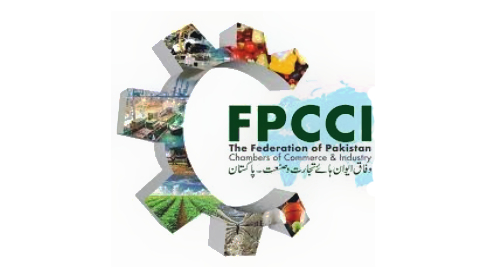Karachi: Mr. Atif Ikram Sheikh, President FPCCI, has strongly demanded that the government reevaluate its policy of continuously increasing energy prices on an immediate basis. Particularly, the decision to increase captive gas price to Rs. 2,750/MMBtu — an increase of 223% since January 2023 — threatens the very survival of Pakistan’s industrial sectors and a complete collapse is imminent.
Mr. Atif Ikram Sheikh explained that the direct consequence of spiraling energy costs is an increase in production costs across all industrial sectors, forcing businesses to pass these costs onto consumers. This results in widespread price increases; exacerbating the financial strain on consumers already battling relentless inflation for the past two years, he added.
FPCCI Chief stressed that the consumer demand is poised to reduce further as a result; which will further prompt a reduction in manufacturing activities. The resulting inflation also rules out any possibility of a reduction in interest rates in the foreseeable future; leading to further downfall of the private sector. This downturn has dire repercussions for unemployment and poverty that are already at record high levels and will continue to increase in the absence of an urgent intervention, he added.
Atif Ikram Sheikh urged the government to conduct an all-encompassing reassessment of its energy pricing framework as electricity prices for industrial consumers are well above 17 cents/kWh — which is twice as high than those in regional economies like Bangladesh and India. With yet another increase in gas prices, manufacturing activity is no longer financially feasible in Pakistan and there will be no investment – domestic or foreign – in the country under these conditions.
Mr. Asif Inam, VP FPCCI, proposed that the government must immediately remove cross subsidies from power tariffs for industrial consumers to bring them down to regionally competitive levels of 9 cents/kWh. Not only will this incentivize a shift away from gas-based captive generation; but, will also stimulate industrial activity and lead to job creation, income generation and overall economic stabilization.
Mr. Asif Inam added that it would propel the economy towards a more competitive position on the global stage; making Pakistan an attractive destination for investment and manufacturing.
FPCCI stands ready to engage in a collaborative dialogue with the government and stakeholders. It is imperative to craft a balanced, forward-looking energy policy that not only addresses the immediate economic challenges; but, also lays the foundation for a resilient, competitive and sustainable industrial sector in Pakistan.






